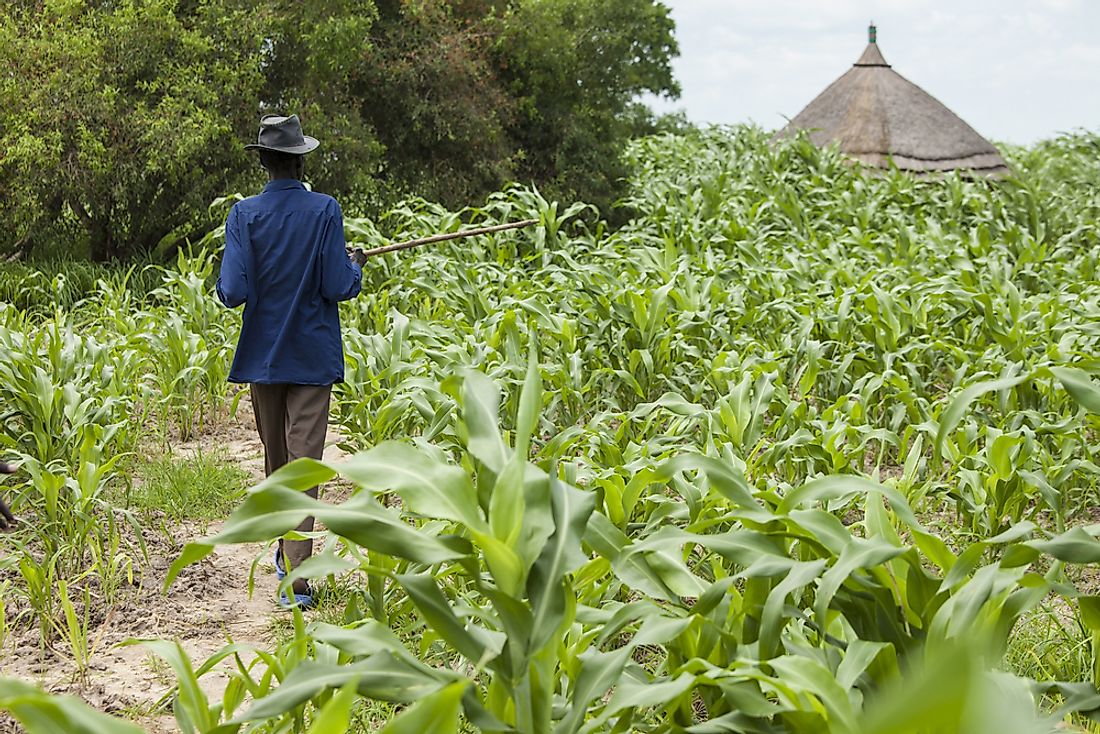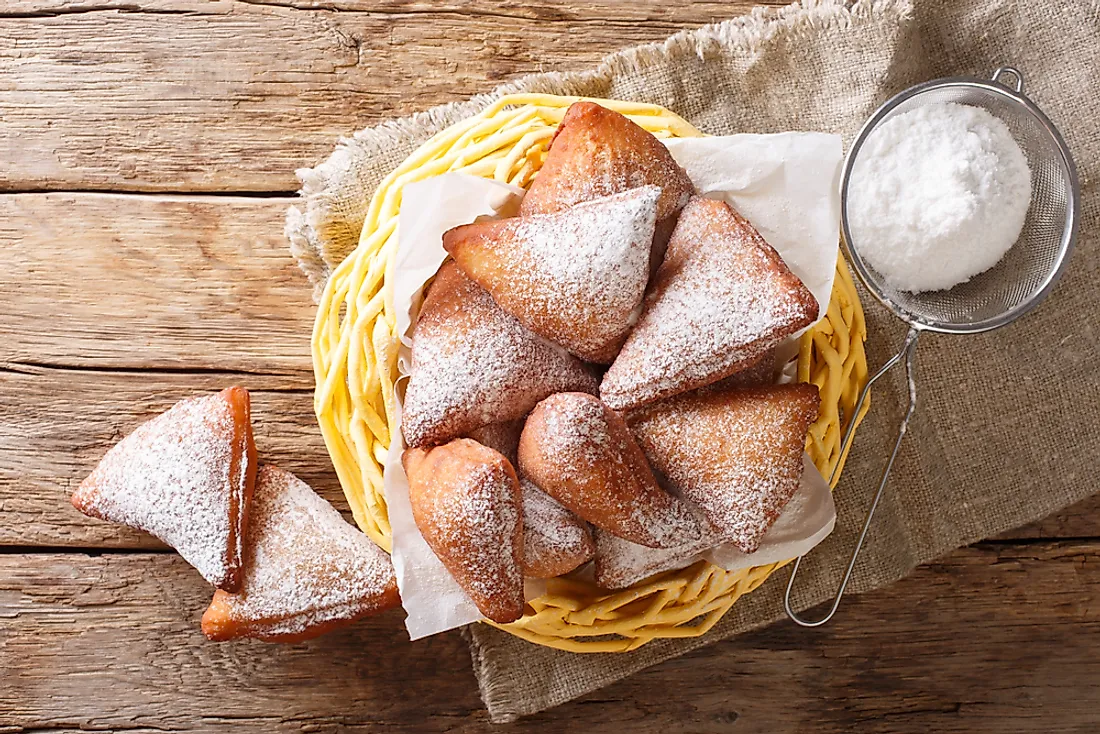The Culture Of South Sudan

The newly formed East-Central African country of South Sudan earned its independence from the Republic of the Sudan in 2011. The country hosts a population of around 10,204,581 individuals.
Ethnicity, Language, And Religion
Sudan is home to people from diverse ethnic groups. Some of the country’s largest ethnic communities are the Dinka and the Nuer who account for 35.8% and 15.6% of the country’s population, respectively. Other ethnic groups are the Shilluk, Azande, Kuku, Bari, Kakwa, and more. English is South Sudan’s official language. Arabic and regional languages like Dinka, Nuer, Bari, etc., are also spoken. A large section of the South Sudanese population adheres to traditional African indigenous religions. Christianity is also a major religion in the country.
South Sudanese Cuisine

Bread, pancakes, and porridge are staples of South Sudanese cuisine. These are made of corn, maize, sorghum, and other grains. The gurassa (a thick cornbread), kisra (sorghum flatbread), are some examples of the types of bread eaten in the country. A wide variety of vegetables like potatoes, sweet potatoes, okra, fava beans, kudra (a green leafy vegetable), onions, tomatoes, plantain bananas, etc., are all consumed in the country. Pulses also form an important part of the diet. A large number of fruits like papayas, oranges, mangoes, apples, guava, avocados, etc., are also sold in the market. Meat, usually mutton or goat, is widely consumed in the boiled or stewed form. Smoked or dried beef is also considered a delicacy. It is eaten with groundnut or peanut sauce. Fish is consumed by communities living near water bodies. Kakaik is a stew prepared with dried fish.
Literature And The Arts
Like most African countries, South Sudan also has a long-lived tradition of storytelling. The Azande people of the country are specifically famous for their storytelling tradition. The oral literature of the country comprises numerous folktales and legends, heroic epics, war stories, fairy tales, ritualistic chants, and more. The art of telling poetry of the Dinka people living in the country is highly praised. Written literature in the country has a relatively short history. The written literary works are also limited in number. Most published works focus on the war and hardships of the people and the social issues prevailing in the nation.
The South Sudanese are also experts in a wide variety of crafts. They produce excellent handicrafts like pottery, baskets woven with papyrus seeds, and stone and wood carvings.
Performance Arts
South Sudan has a rich heritage of folk music that reflects the ethnic diversity of the nation’s population. The music is also heavily influenced by the music of neighboring nations. Besides folk, reggae, jazz, zouk, and Afro-beat are also quite popular. Modern South Sudanese songs are written in English, Arabi, Kiswahili or Juba. Both Islamic and Christian beliefs have influenced the performance arts in Sudan.
Sports
Several modern and traditional games like mock battles, wrestling, football, and basketball, etc., are popular in South Sudan. The traditional games often mark the celebration of special occasions like the harvests. They were viewed by a large number of people who played drums and danced in support of their favorite team. Today, the government of the country is making attempts to promote association football. Football training centers have been established in various parts of the country to coach the youth in the game. The South Sudanese have excelled in some international sport like basketball. Luol Deng, a native of South Sudan, is a star of the US National Basketball Association.
Life In South Sudanese Society
Most South Sudanese value kinship. They put great emphasis on knowing one’s tribal origin, traditions, and customs. Oral literary tradition helps keep alive the culture of the people, especially among the non-literate groups. The different stages of the life-cycle of an individual including birth, puberty, and marriage are accompanied with ritual and ceremonial observances. Ritual adornments in the form of tattooing or facial scarring are common. The South Sudanese society is mostly patriarchal in nature. Polygyny is not uncommon. Although the number of divorces is now increasing, broken marriages were considered shameful in the past. In the urban areas, the South Sudanese prefer to wear Western-style clothing. Traditional dresses vary among the ethnic groups but are usually light fitting and made of light material.











